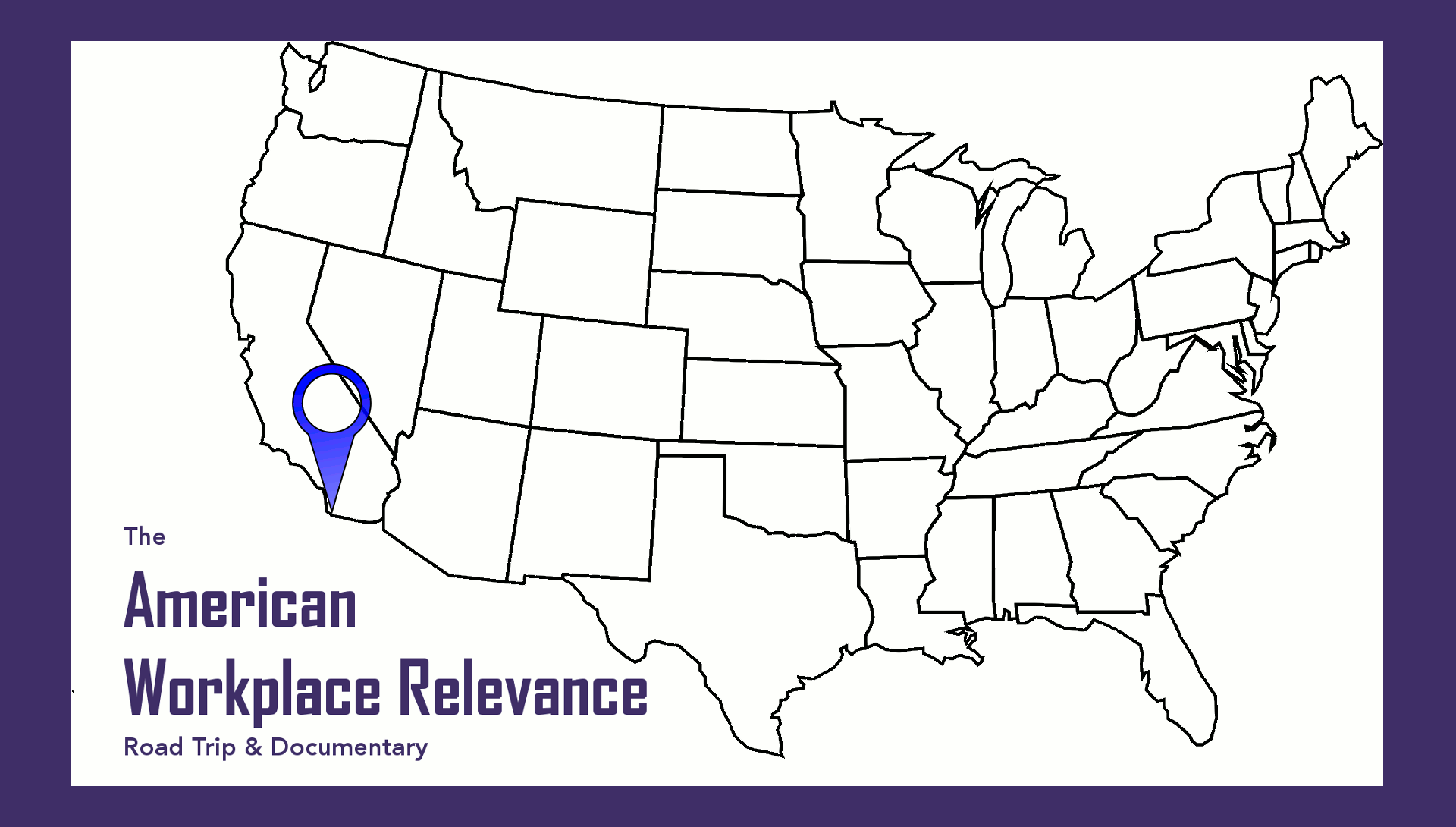Your Greatest Weakness, and What It Really Means

A favorite interview question is some variation of, “Tell me about your greatest weakness.” Every candidate knows this question is coming and has an answer strategy. Every interviewer knows the candidate has an answer strategy and has their own strategy for parsing the answer or asking probing follow-up questions. It’s an interview arms race that each party is trying to win, meaning someone must lose. It is NOT a helpful exploration of job fitness and fit.
Many experts advise you to say something like, “I focus on my strengths and getting better and better at what I do well.” This may be true and it’s what I hope everyone does to ultimately add the most value. But it doesn’t answer what your potential boss wants to know.
What your potential boss won’t ask but really wants to know is the following:
What about you is going to get old?
What about you could bite me in the ass?
What could make you difficult to manage?
What about you will annoy your coworkers?
Under what circumstances are you likely to drop a critical ball?
What is likely to derail our ability to collaborate when one or both of us is tired or otherwise under unusual pressure?
What makes you cranky and hard to get along with?
Who on my staff is going to struggle to get along with you?
Will you own your own sh*t?
All of these boil down to one question, “Are you likely to do anything to make me regret hiring you?”
My suggestion is to have a list of conditions under which a hiring manager shouldn’t hire you. Then probe to find out if those conditions exist. If those conditions do exist, you are not going to do well. Your new boss is going to be frustrated. If you’re lucky, they’ll be upfront and help you move on. If you’re not lucky, they’ll be as passive-aggressive as you are and let you languish, hoping you’ll quit on your own so they can avoid the hassles with HR.
Here are the conditions under which someone should NOT hire me:
You have all the answers. No need for me then, because coming up with novel solutions to thorny problems is what I do. My recommendations are based on solid principles and good research, but how I put them together is likely to be different than your tried and true formula.
The company isn’t prepared to drive change from the top down. If senior leaders aren’t open to showing up differently, then neither will their staff. There won’t be a reason to do the work I do.
You want someone who comes only from their heart. I am very socially capable and almost universally well-liked. I also strongly weigh people’s emotions as one of many factors in making my decisions and recommendations, but it’s in the context of an intellectual assessment of conditions, constraints, and opportunities.
You expect me to be same next year as this year. Similar, yes; the same, definitely not. I’m constantly learning and growing and will move in new-ish directions as more information comes in and different situations arise.
You want someone competitive. Ambitious yes, but I won’t invest my time in trying to beat you.
To learn more about when someone should or should not hire you, contact me at jason@jasonmartinpresents.com.



















